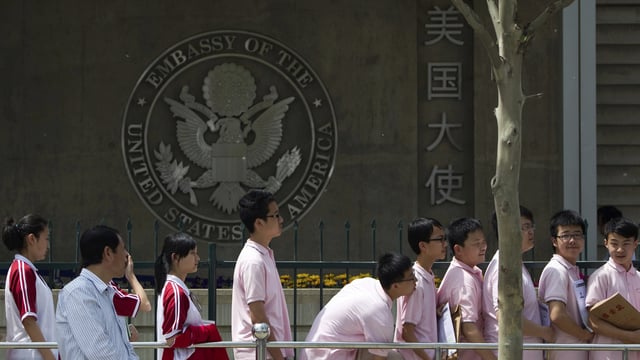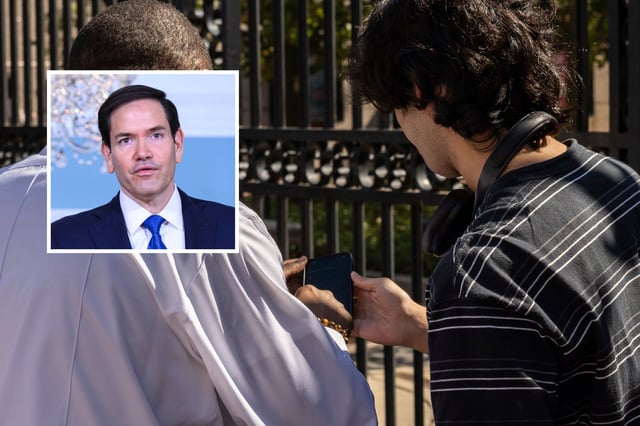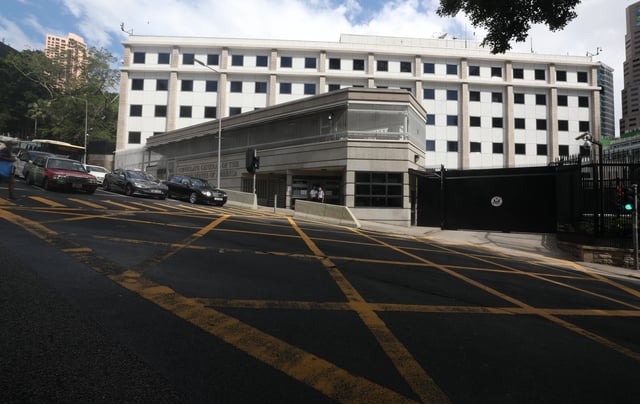Overview
- On June 18 the State Department lifted its May pause on F-1, M-1 and J-1 visa interviews to implement the new social media requirement.
- All student visa applicants must adjust privacy settings on every social media profile to public for consular officers to review posts and activity.
- Consular officers have been instructed to search for any indications of hostility toward U.S. citizens, culture, government, institutions or founding principles.
- Applicants who refuse to grant access may be denied a visa if officers view that refusal as an attempt to evade or conceal online behaviour.
- Free-speech advocates say the policy echoes Cold War–style ideological vetting and risks chilling legitimate political expression by thousands of prospective students.



